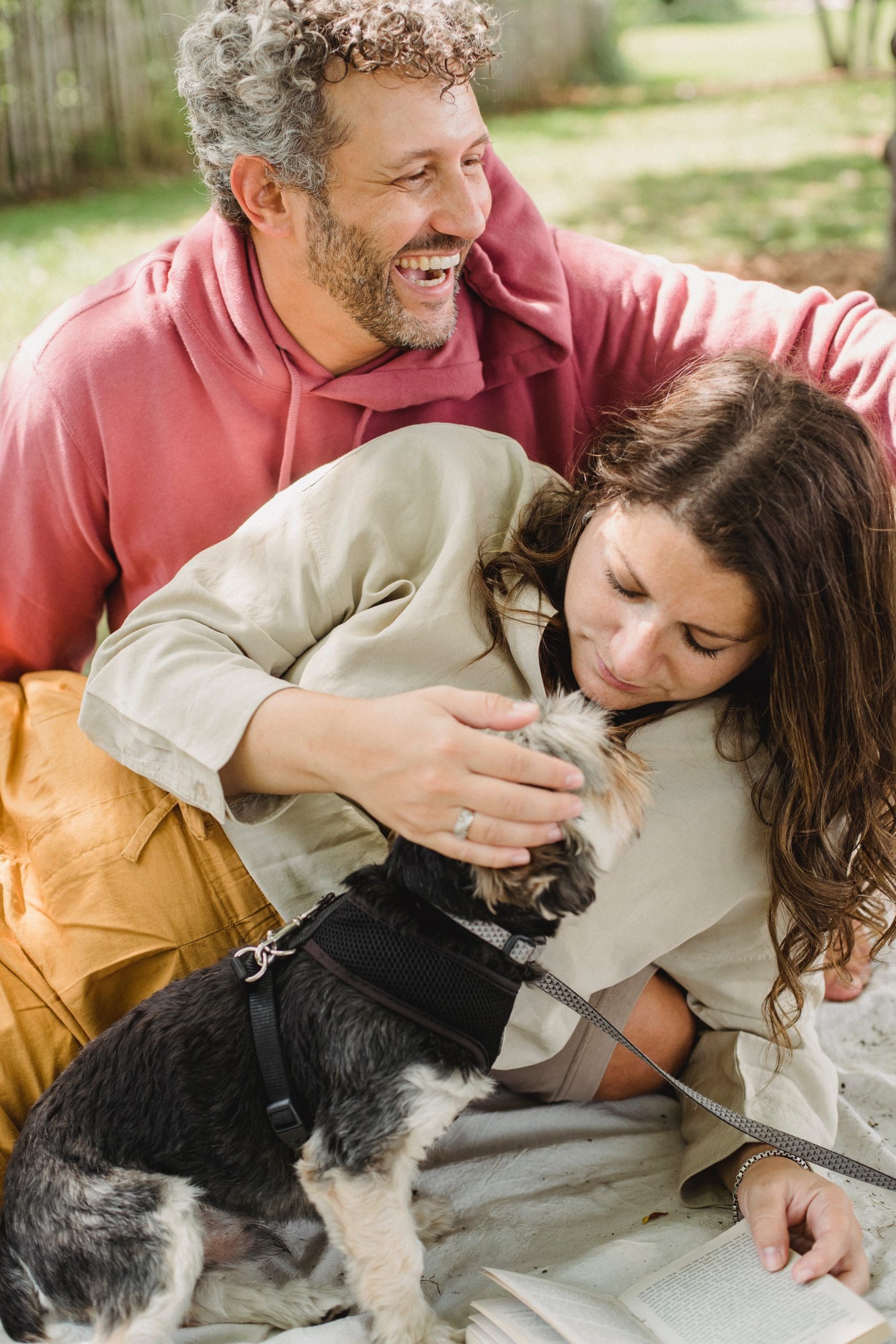Seeing your dog uncomfortable can be distressing. Nausea in dogs can show up as drooling, vomiting, pacing, or a lack of appetite. Knowing how to address dog nausea at home can provide relief for your furry friend during these uncomfortable moments. While consulting a veterinarian for persistent or severe symptoms is crucial, several home remedies can help ease your dog’s nausea.
Recognizing Symptoms
Identifying the signs of nausea in dogs is essential for their recovery. Subtle behavioral changes like reluctance to eat or drink, whining, or hiding may indicate discomfort. More obvious signs include excessive drooling, vomiting, and restlessness. If your dog displays any of these symptoms, assess any recent changes in their diet, environment, or routine that may have contributed to their distress.
Common Causes
Dietary indiscretion is a frequent cause of nausea in dogs. Their natural curiosity may lead them to consume spoiled food, human snacks, or non-food items. If you suspect that your dog’s nausea stems from something they ingested, it’s essential to monitor their condition closely. Mild cases may be managed at home with proper care.
Fasting and Reintroducing Food
A common first step in treating nausea is to withhold food for a brief period, usually 12 to 24 hours. This fasting allows your dog’s digestive system to settle. Ensure they have access to fresh water during this time, as dehydration can become a significant concern, especially after vomiting. If your dog hesitates to drink, offer ice chips or low-sodium broth to encourage hydration.
After fasting, gradually reintroduce food using a bland diet that is easy on the stomach. Options like boiled chicken (without skin or bones) and plain white rice can help soothe their digestive system. Start with small portions and monitor their response. If they can keep the food down without distress, you can slowly increase the amount over the next few days.
Natural Remedies
Several natural remedies might alleviate nausea in dogs. Ginger is a well-known remedy for nausea in both humans and dogs. You can incorporate ginger into your dog’s diet in small amounts, using supplements formulated for dogs or making a ginger tea by steeping ginger slices in hot water, cooling it, and serving it in small quantities.
Peppermint can also soothe an upset stomach. A small amount of peppermint tea may help settle nausea, but be cautious with the quantity, as excessive peppermint can aggravate the condition. Always consult your veterinarian before adding new herbs to your dog’s diet.
When to Seek Veterinary Help
If your dog’s nausea persists or if additional symptoms arise, seeking veterinary assistance is vital. Conditions like pancreatitis, gastrointestinal obstruction, or infections can cause nausea and require professional care. Early intervention can lead to better outcomes and a quicker recovery.
Creating a Calm Environment
Establishing a calm and comfortable environment can aid in alleviating your dog’s nausea. Stress and anxiety can worsen digestive issues, so providing a quiet space can make a significant difference. Limit loud noises and chaotic activities around them, and consider creating a cozy area with their favorite blanket and toys.
Medication and Hydration
In some cases, medications may be necessary to manage nausea. Veterinary-approved medications can be prescribed to help alleviate symptoms, especially for dogs with a history of motion sickness or frequent nausea.
Hydration remains crucial when dealing with nausea. If your dog is vomiting frequently, they may lose vital fluids and electrolytes. In addition to fresh water, consider providing an electrolyte solution specifically designed for pets to help maintain hydration levels.
Proactive Measures
If your dog experiences nausea due to specific triggers, such as car rides or certain foods, taking proactive steps can help. For car sickness, gradually acclimate your dog to the vehicle with short, positive trips, increasing the duration while rewarding with treats and praise.
Monitoring your dog’s overall health is essential. Keep track of their weight, eating habits, and behavioral changes. If you notice concerning signs or if your dog’s condition worsens, reach out to your veterinarian without delay.
Prioritizing Your Dog’s Well-Being
Effectively addressing dog nausea involves a blend of dietary management, natural remedies, and fostering a peaceful environment. While home remedies may work for mild cases, prioritizing your dog’s well-being by consulting a veterinarian for persistent issues will ensure their health and happiness. By being attentive to their needs, you can provide the best care possible and strengthen the bond you share with your furry friend.

